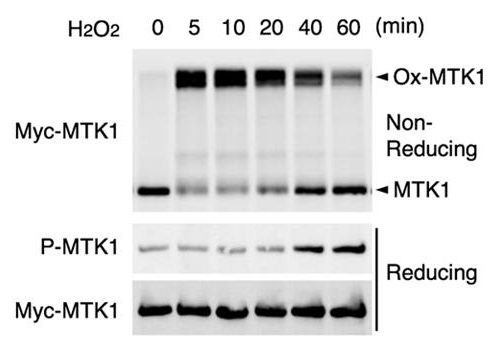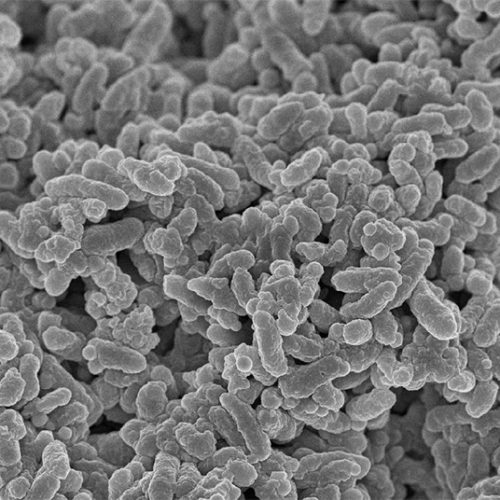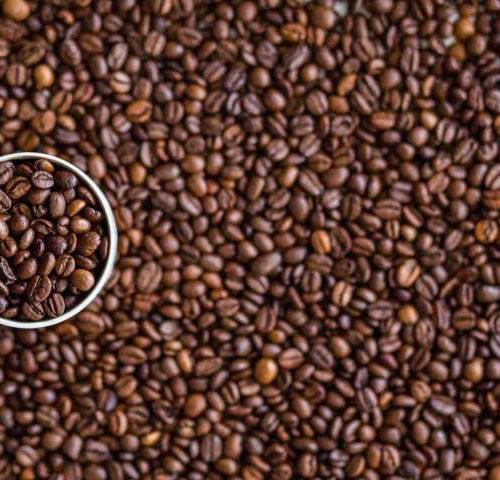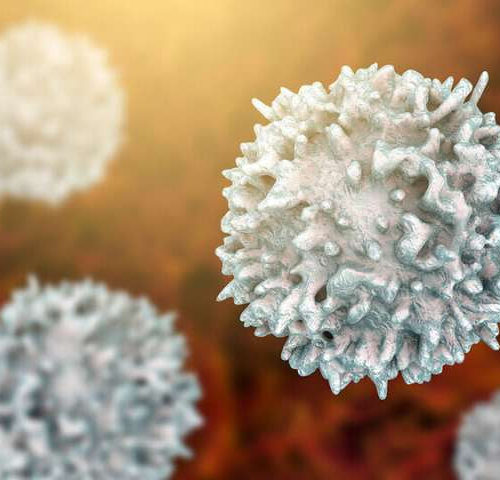Elucidation of the mechanism by which active oxygen induces cell death and inflammation THE INSTITUTE OF MEDICAL SCIENCE, THE UNIVERSITY OF TOKYO CELLS WERE TREATED WITH H2O2 FOR THE INDICATED TIMES. CELL EXTRACTS WERE ELECTROPHORESED UNDER NON-REDUCING CONDITIONS AND IMMUNOBLOTTED WITH AN ANTI-MYC ANTIBODY (TOP). IMMUNOPRECIPITATED MYC-MTK1 WAS ELECTROPHORESED UNDER REDUCING… view more CREDIT: ©TAKEKAWA...
Tag: <span>Biological sciences</span>
TEAM CREATES VESICLES WITHOUT ANY LIPIDS
Scientists have created hollow, spherical sacks called vesicles by using protein and RNA. These bubble-like entities—which form spontaneously when specific protein and RNA molecules mix in an aqueous buffer solution—hold potential as biological storage compartments. They could serve as an alternative to traditional vesicles that are made from water-insoluble organic compounds called lipids, researchers say....
Skin stem cells shuffle sugars as they age
by University of Tsukuba Age shows nowhere better than on the skin. The ravages of time on skin and the epidermal stem cells that differentiate to replenish its outer layer have been hypothesized, but there has been no method to evaluate their aging at the molecular level. Now, researchers at the University of Tsukuba and...
Study pinpoints brain cells that trigger sugar cravings and consumption
by Jennifer Brown, University of Iowa The hormone FGF21 is made in the liver and acts in the brain to suppress sugar intake and the preference for sweet taste. The cartoon illustrates the role FGF21 plays in food choices.Understanding the biological mechanisms that control sugar intake and preference for sweet taste could have important implications...
Synthetic Melanin Protects from Radiation Damage
JULY 14TH, 2020 SIAVASH PARKHIDEHCARDIAC SURGERY, DENTISTRY, DERMATOLOGY, MATERIALS, NUCLEAR MEDICINE, ONCOLOGY, ORTHOPEDIC SURGERY, PUBLIC HEALTH, RADIATION ONCOLOGY, RADIOLOGY, SPACE MEDICINE Researchers at Northwestern University have developed a new biomaterial, selenomelanin, that can help protect people from radiation. The new substance, chemically synthesized and produced by bacteria, helps protect cells from radiation more effectively than...
Study reveals antiviral effects of curcumin
Reviewed by James Ives, M.Psych. (Editor) Curcumin, a natural compound found in the spice turmeric, could help eliminate certain viruses, research has found. A study published in the Journal of General Virology showed that curcumin can prevent Transmissible gastroenteritis virus (TGEV) – an alpha-group coronavirus that infects pigs – from infecting cells. At higher doses,...
Widely used blood test could advance heart failure treatment
NEW YORK INSTITUTE OF TECHNOLOGY Biomedical experts believe that half of heart failure patients likely have low levels of the thyroid hormone T3 in their cardiac tissue. While heart failure symptoms are commonly attributed to cardiovascular conditions like coronary artery disease and high blood pressure, a growing number of studies suggest that low cardiac T3...
Engineering and philosophy combine for an emerging understanding of smell
by Brandie Jefferson, Washington University in St. Louis How does the brain detect smells? To find out, you could rely on biological sciences, using high tech imaging methods, or studying anatomical diagrams. You could even get philosophical and ask, “What is smell, anyway?” Or, you could turn to engineering. That’s what ShiNung Ching, an associate...
Regenerating the body from within using biomaterials
by Terasaki Institute for Biomedical Innovation Two approaches for using biomaterials. In the more traditional approach (left), the biomaterial construct is mixed with cells and biomolecules outside of the body and then developed in an external bioreactor. The structure is then implanted into the body. In the more recently used, or “in situ” approach (right),...
Study spotlights potential culprit in relapses of multiple sclerosis
by Scott Schrage, University of Nebraska-Lincoln A rendering of B lymphocytes, the white blood cells responsible for producing antibodies to fight infections. Recent research led by Nebraska virologists has found that an overabundance of B lymphocytes infected with the Epstein-Barr virus contributed to the recurrence of multiple sclerosis-like symptoms in mice. Credit: Shutterstock A recent...







